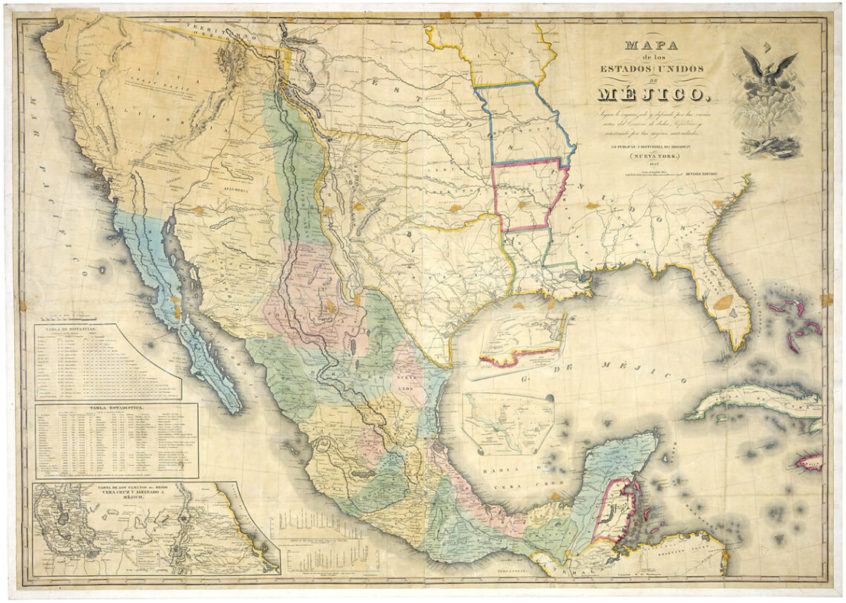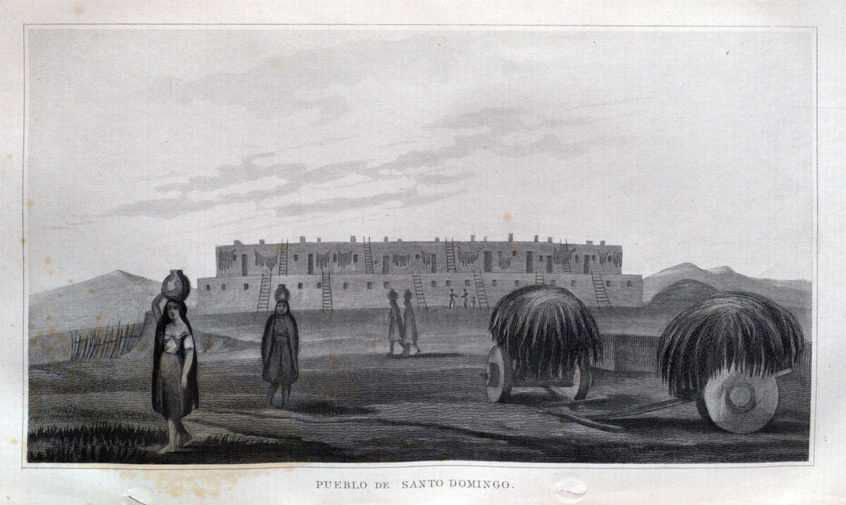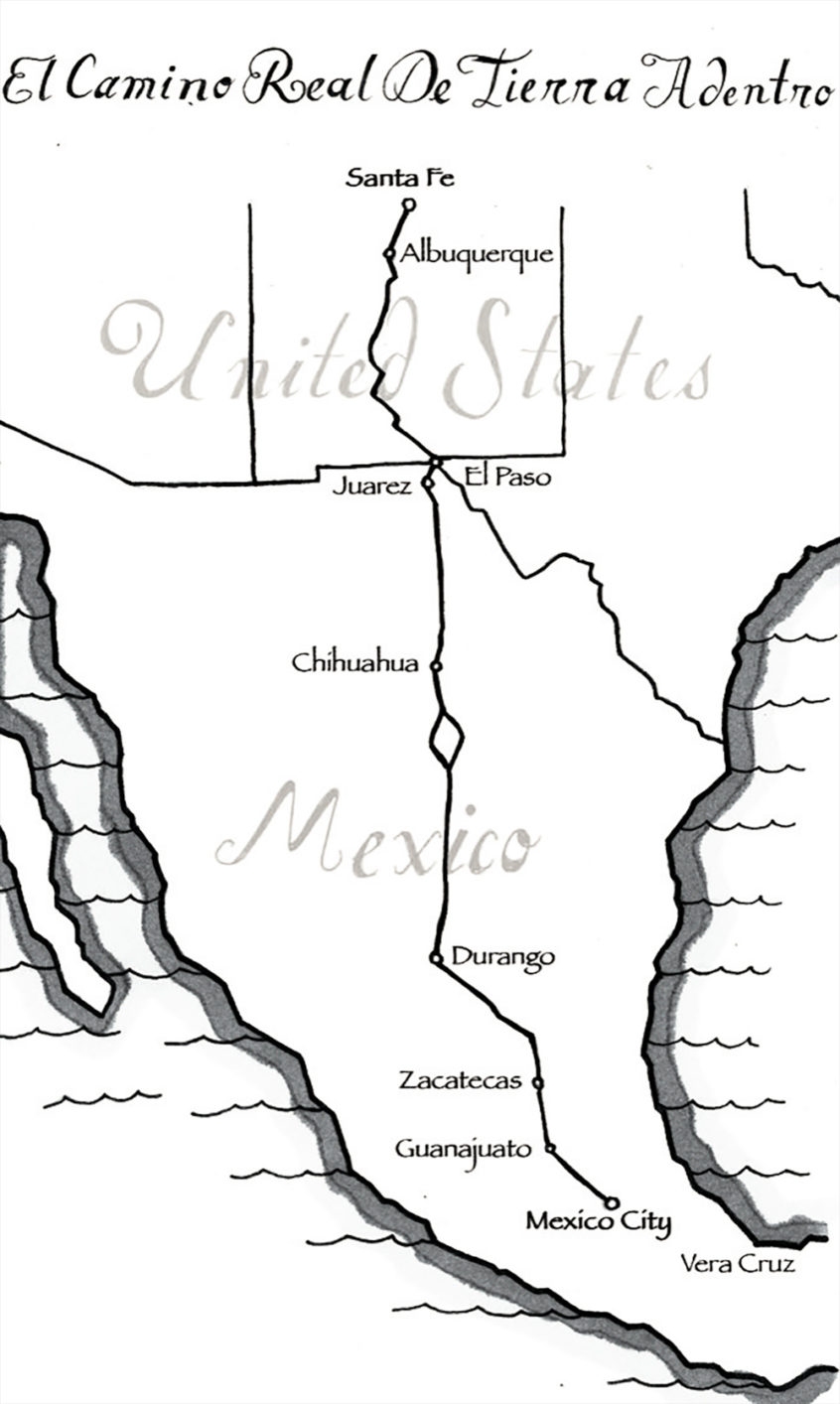Menu
Page 324: A Profound Sense of Connection
Awards In 2010 I was presented with the Martin Luther King Jr. Drum Major Award by the Utah Martin Luther King Jr. Commission, and in March of 2013, I received the César Chávez Peace and Justice Lifetime Achievement award. I expressed my profound sense of connection with the audience by saying, “So many of you are a part of who I am”. Author Manuel Romero My Gratitude These awards were indeed an honor and I was grateful to the many people who “honor and I was grateful to the many people who made them possible. When accepting these awards, I … Read More




